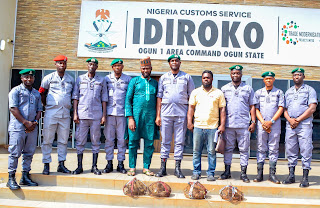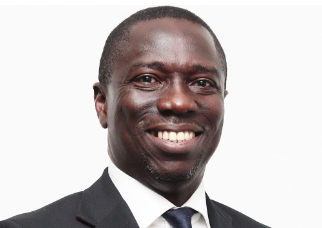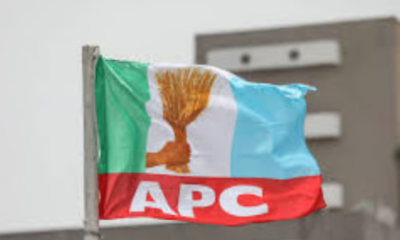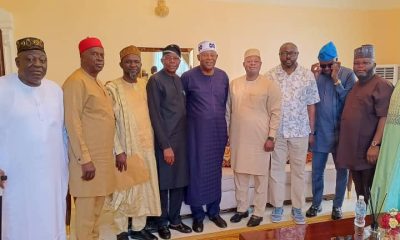There have been rising disquiets over the decision of the All Progressives Congress (APC) controlled federal government to share the recovered $322 million, about N115.9 billion, recovered Abacha loot to about 302,000 poorest households in Nigeria. While there are vehement opposition to the decision, some actors in the human rights community, who are on consultancy contract with the federal government on the policy, have commended the policy.
Comrade O’Seun John, Director, Media and Publicity, Advocacy for integrity and Economic Development (AIED), joined the league of stakeholders opposing the decision of the government. He contended that the decision would open fresh channel of corruption for the handlers.
The AIED Media Director highlighted that “on June 20th, 2018, the Federal Government of Nigeria represented by the Special Assistant to the President on Justice Reforms, Juliet Ibekaku-Nwagwu, disclosed the intention of the Federal Government of Nigeria to disburse the repatriated $322,000,000 Abacha loot from Switzerland to poor and vulnerable Nigerians in 19 States.”
He protested that “The Advocacy for Integrity and Economic Development (AIED) consider this proposed act as a deceitful venture laced with the bead of corruption and graft enablement by the Federal Government of Nigeria.”
AIED observed that the conservative naira equivalent of the returned loot stands at a whopping N115, 920, 000, 000); arguing: “This huge fund can best be channeled into providing basic social amenities and development projects that will be of direct benefits to Nigerians in the rural communities and most importantly, long-lasting rather than throwing it on a one-off payment exercise.”
The group stated that the proposed disbursement exercise, in practical terms, looks more like an avenue to reloot the repatriated fund, using a complex web of syndicated pyramid.
Comrade O’Seun John highlighted: “The composition and compilation of the National Social Register (NSR) intended to be used for the exercise is questionable, as this register was not provided by the National Population Commission but built through inputs from State Government officials, most of whom have over time been involved in ghost-worker scheme in the civil and public service.” He maintained that, “The NSR does not in any way represent the statistics of the much evangelized vulnerable Nigerians but rather the desire of those relied upon to provide the data.”
He was of the view that a look at the plan of the Federal Government shows a planned disbursement of 5,000 to 302,000 households categorized as poor and vulnerable. “A quick calculation of this gives N1,510,000,000 which is less than one per cent of the actual repatriated fund,” he pointed out; adding, “the big question then is: what happens to the remaining N114, 410, 000, 000?”
Comrade O’Seun John also observed that the controversy that greeted the process of the loot repatriation where the Attorney General of the Federation, Abubakar Malami, allegedly tried manoeuvring the procedure by creating an avenue for his cronies to get N6 billion from the loot in work duplication has punctured any silo of trust and sincerity of the Federal Government in making judicious use of the fund.
“We hope this new and ambiguous disbursement tactics is not an early avenue to distribute campaign funds,” he declared.

 News1 week ago
News1 week ago
 Agribusiness7 days ago
Agribusiness7 days ago
 News7 days ago
News7 days ago
 Football7 days ago
Football7 days ago
 Football4 days ago
Football4 days ago
 Football7 days ago
Football7 days ago
 Latest1 week ago
Latest1 week ago
 Entertainment3 days ago
Entertainment3 days ago













